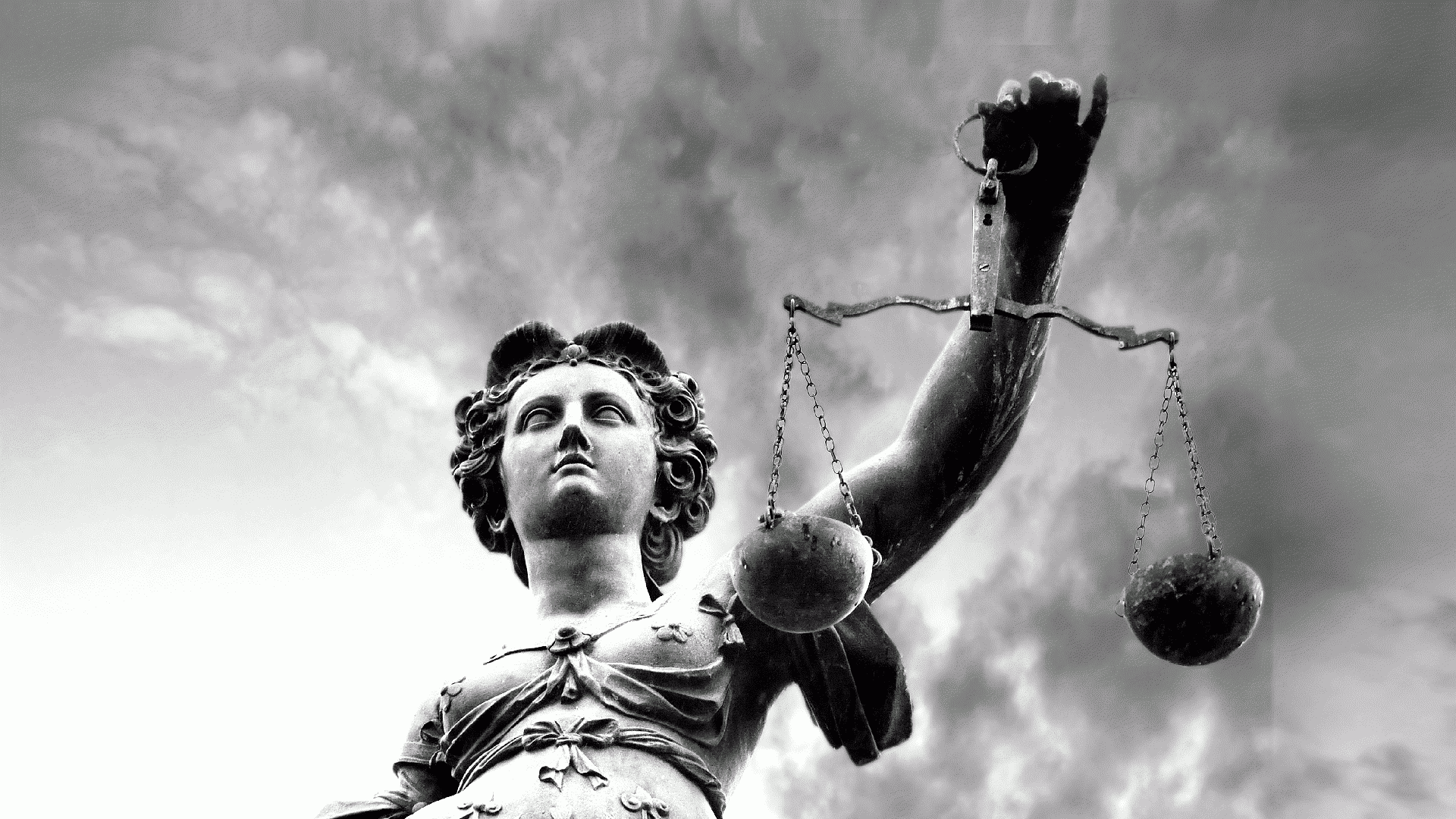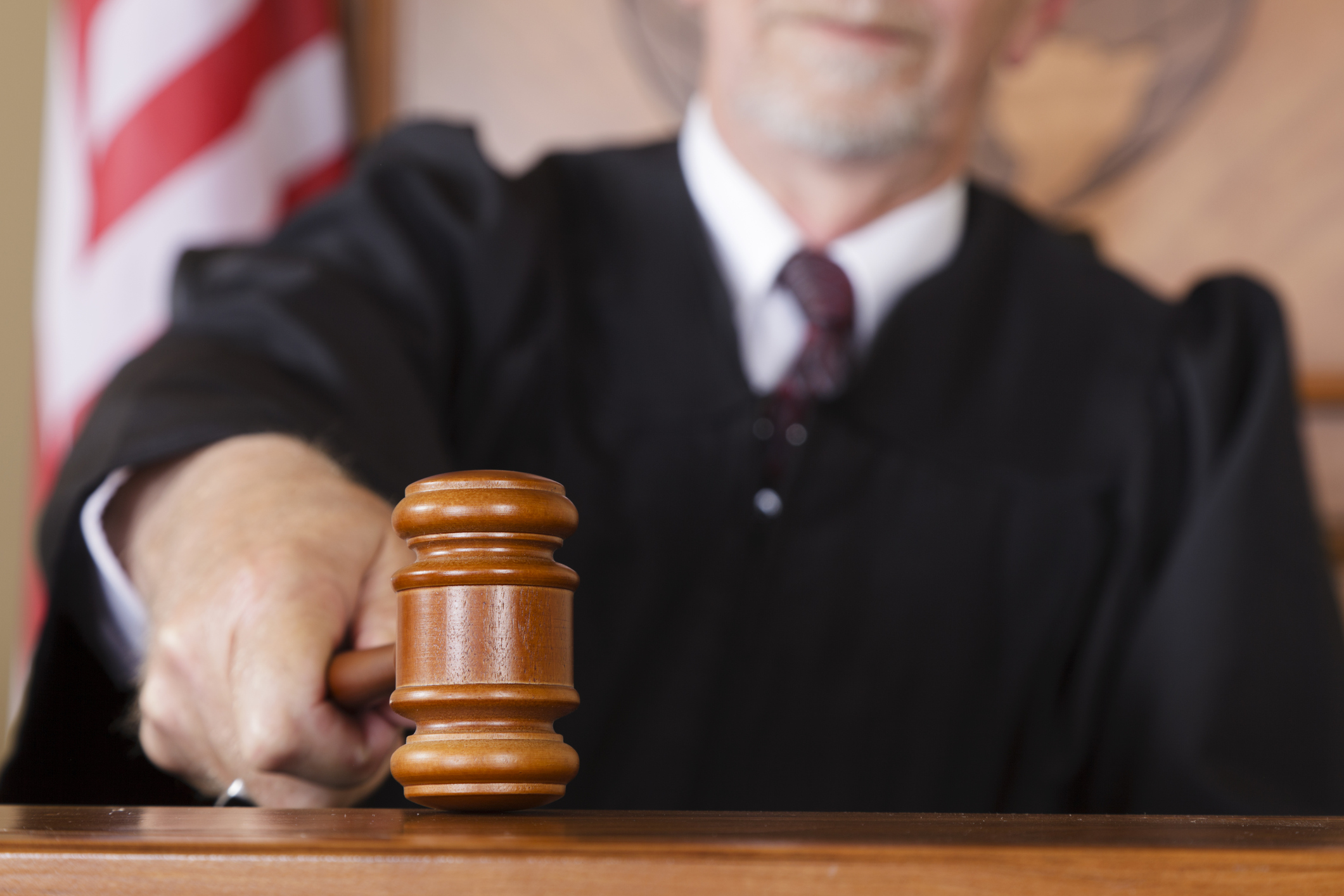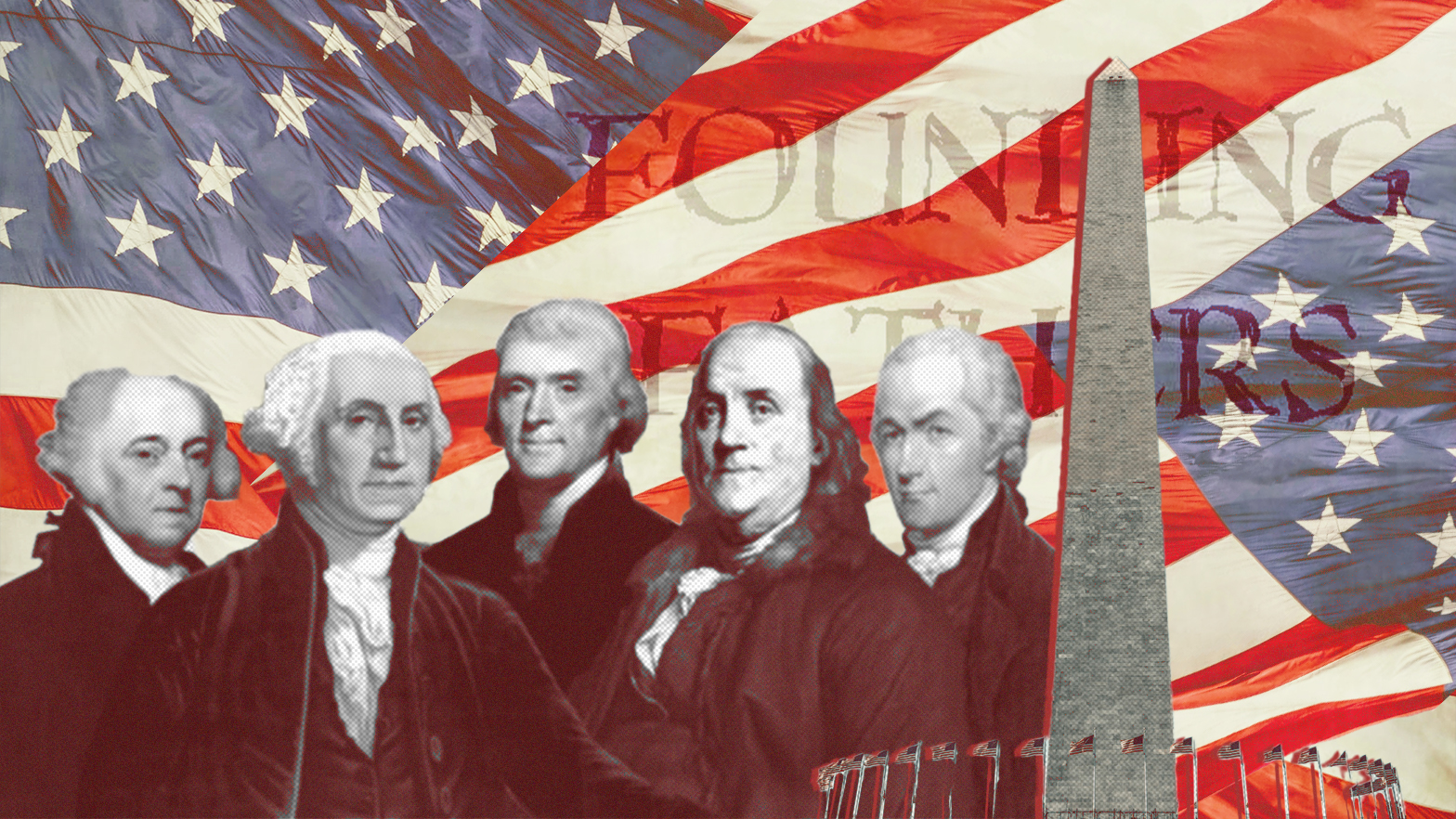There is a reason why we love to drive.
Pursuit of Happiness

Reaching out to some doubters of the American Revolution.
Social scientists designing and conducting value-free scientific reports on human happiness is a sad business. But as if we need science to confirm what we can all see with our own lying eyes, a 2024 World Happiness Report finds America has fallen out of the top 20 happiest countries in the world. Most of the rest of the world seems to be coming to America regardless, so, in the spirit of Ben Franklin, maybe we should put up large signs at what we used to call a border, announcing: “You Won’t Be Happy Here!”
But no need to plunge into depression: older Americans are allegedly much happier than younger Americans—and younger Americans, against all their best efforts, keep getting older every day, so there is some hope for them, too. If things don’t pan out and they are the right demographic, they can take heart in the statistic that their lives are getting shorter and shorter, and they will soon be out of their misery. Women, ever bent on mystery, feel both happier and unhappier than men.
In truth, though, America has always been exceptionally earnest about happiness. With epic bravado at the very beginning, the country officially dedicated itself to the pursuit of this summum bonum—to the highest and most comprehensive earthly good to which human beings or countries can aspire. The American revolutionaries declared this dedication in what became the most famous statement about happiness in the unhappy history of the world:
We hold these truths to be self-evident, that all men are created equal, that they are endowed by their Creator with certain unalienable Rights, that among these are Life, Liberty and the pursuit of Happiness.—That to secure these rights, Governments are instituted among Men, deriving their just powers from the consent of the governed, —That whenever any Form of Government becomes destructive of these ends, it is the Right of the People to alter or to abolish it, and to institute new Government, laying its foundation on such principles and organizing its powers in such form, as to them shall seem most likely to effect their Safety and Happiness.
So serious were they about the matter that they “appeal[ed] to the Supreme Judge of the world for the rectitude of [their] intentions” and asserted their “firm reliance on the protection of divine Providence,” as they mutually pledged to each other their Lives, Fortunes, and sacred Honor in support of their Declaration. And maybe that was a critical part of the historic “causes” they were declaring to a candid world: only a people who can make such an appeal, such an assertion, and such a pledge can be a happy people.
Doubters of the American Revolution have been around in various forms since the Loyalists demurred at the beginning. For the last three quarters of a century or so, DARs of a certain stripe have argued that—far from being a nursery of happiness—America is really dedicated to what Leo Strauss called “the joyless quest for joy” that leads ultimately to the most miserable degradations of post-modernity. It is no wonder that some of the more spirited and promising younger Americans of our time have grown up joining the DARs. They care about their country, but they find that their country’s cause somehow fails to offer them the meaning, community, identity—the happiness, or fulfillment, or human flourishing—without which life seems not worth living.
In a discussion about “What it means to be an American” a few months ago, a couple of these patriot DARs questioned Vivek Ramaswamy’s remark that “being American isn’t about whether you can ‘trace your ancestry on this land.’ It’s about whether you’re committed to our nation and its core ideals.”
If I have read them right, Lafayette Lee and Darryl Cooper (the honorable DARs to whom I refer) find Vivek’s approach to be an “intellectualization of citizenship and identity,” which they regard as a primary cause of the fragmentation of American identity we are experiencing today. They are not hopeful about reconstructing an American identity on what they call “ideology.” They call this “civic nationalism” and identify it with the failed approach of their fathers’ and grandfathers’ generations in the mid-twentieth century. More recently, Darryl Cooper reflects that the “local and familiar” seem to him to be what provided group identity to Americans over the generations. As Cooper sees it, “building a meaningful group identity based on anything beyond what people can see and touch seems to me a wasted and doomed effort.” Lee seems to agree that regional or local identity is what we need. The “intellectual” approach will not help us “orient ourselves properly in the world.” We need to get away from the “isms” and the theories and moralizing and orient ourselves by our palpable “particular interests.”
Lee and Cooper agree that “the 20th-century regime is dying,” and with this, they think, must go the “civic nationalism” of their fathers and grandfathers. They (rightly) think we currently live in a racist, anti-white regime and that America must reinvent itself.
As a member of their fathers’ and grandfathers’ generation, I humbly and sympathetically say to them, if we’re reinventing America—and we certainly have no choice but to reinvent—the local, familiar, and particular will not by themselves enable us to overcome and replace the current anti-white, anti-American, anti-Western civilization, racist woke regime. By all means, cultivate, deepen, and strengthen the blessed bonds of family; enrich and be enriched by your local community, your friends, and neighbors; flourish with them; with them, become as self-reliant as you can. But consider whether your “particular interests” can give you the orientation you seek without investing them with the principles and ambitions of the American revolutionaries. Is not the best, in a sense the only, antidote to the current anti-American regime the American regime itself? This was not invented by your fathers and grandfathers, though they fought for it, as did mine.
Certainly America is not just an “idea,” but there is an American idea. Put simply, it is the idea of political freedom. For my father and grandfathers, this idea was inseparable from all the local and particular parts of America they cared about. It made every hill and valley of this land sacred. A whole people living up to this idea made America “the land of the free.” This was our country. It still is, though it is currently under enemy occupation. You and other good men like you are looking for identity, community, and meaning. It is here waiting for you. It is your country, and it needs you as much as you need it.
Taking it back will be a great source of happiness.
The American Mind presents a range of perspectives. Views are writers’ own and do not necessarily represent those of The Claremont Institute.
The American Mind is a publication of the Claremont Institute, a non-profit 501(c)(3) organization, dedicated to restoring the principles of the American Founding to their rightful, preeminent authority in our national life. Interested in supporting our work? Gifts to the Claremont Institute are tax-deductible.
A response to C. Bradley Thompson.
Despite hostility from the Biden Administration, the report stands as a guiding light for future generations.
Morning Edition’s Steve Inskeep tried to reconcile America’s love of equality with its history, but it’s getting harder for many Americans to square that circle.
Conservatives need to be a lot savvier about how they vet judicial candidates.
A reply to Matthew Continetti's recent critique.





